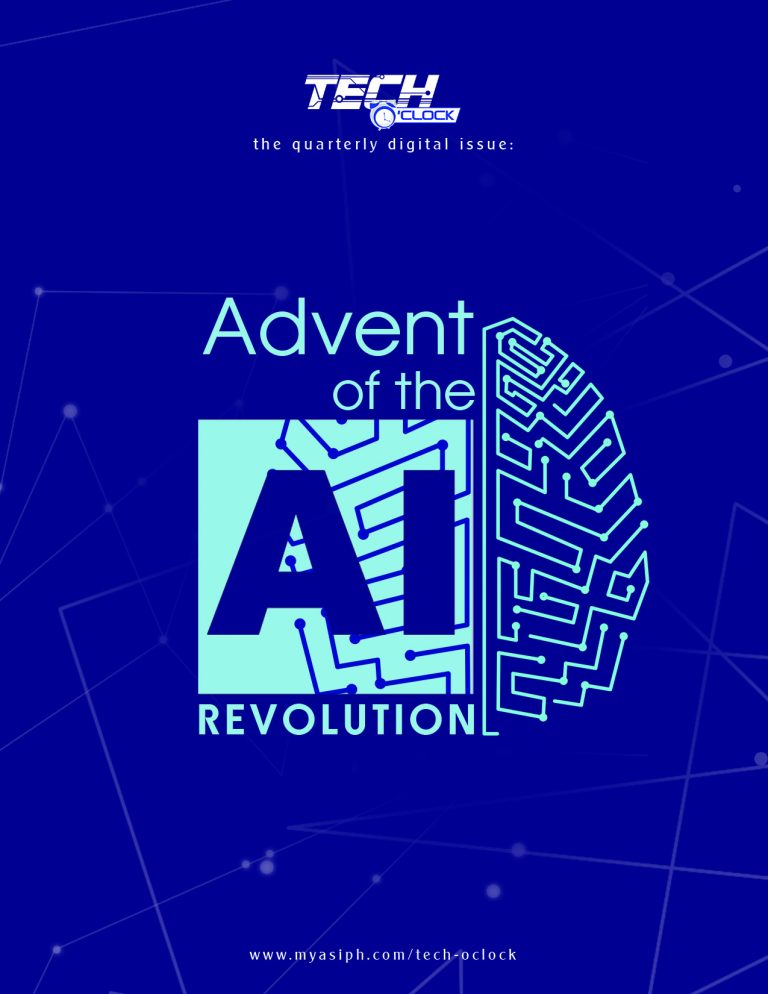
Digital pitfalls loom as world is too dependent on technology
The worldwide technology meltdown in July 2024 which was caused by a flawed update installed on computers running on Microsoft’s dominant Windows software by cybersecurity specialist CrowdStrike was so serious that some affected businesses such as Delta Air Lines were still recovering from it days later. It’s a tell-tale moment — one that illustrates the digital pitfalls looming in a culture that takes the magic of technology for granted until it implodes into a horror show that exposes our ignorance and vulnerability.
Thousands of flights were canceled and tens of thousands were delayed, leading to long lines at airports in the U.S., Europe, Asia and Latin America. Airlines lost access to check-in and booking services in the heart of the summer travel season. By late afternoon Eastern time, the worst appeared to be over, though there were still lingering cancellations and delays due to the cascading effect of the disruption. In the Philippines, airports experienced congestion and flight disruptions due to the global cyber outage which resulted in some procedures needing to be done manually.
“We are utterly dependent on systems that we don’t even know exist until they break,” said Paul Saffo, a Silicon Valley forecaster and historian. “We have become a little bit like Blanche DuBois in that scene from ‘A Streetcar Named Desire,’ where she says, ‘I have always depended on the kindness of strangers.’” Twenty years ago, Facebook founder Mark Zuckerberg popularized a high-tech mantra: “Move fast and break things,” which was supposed to be a rallying cry for game-changing innovation. It now seems more like an elegy for a society perched on a digital foundation too fragile to withstand a defective software program that was supposed to help protect computers — not crash them.
The dependence — and extreme vulnerability — starts with the interconnections that bind our computers, phones and other devices. That usually makes life easier and more convenient, but it also means outages can have more far-reaching ripple effects, whether they are caused by a mistake like the one made by CrowdStrike or through the malicious intent of a hacker. The risks are being amplified by the tightening control of a corporate coterie popularly known as “Big Tech”: Microsoft, whose software runs most of the world’s computers; Apple and Google, whose software powers virtually all of the world’s smartphones.

If our digital evolution seems to be headed in the wrong direction, should we change course? But it’s becoming increasingly untenable to toggle back to the analog and early digital era of 30 or 40 years ago when more tasks were done manually and more records were handled on pen and paper. If anything, technology appears destined to become even more pervasive now that artificial intelligence seems poised to automate more tasks, including potentially writing the code for software updates that will be checked by a computer — that will be overseen by another computer to make sure it’s not malfunctioning.
Reference: Technology’s grip on modern life is pushing us down a dimly lit path of digital land mines (msn.com)










